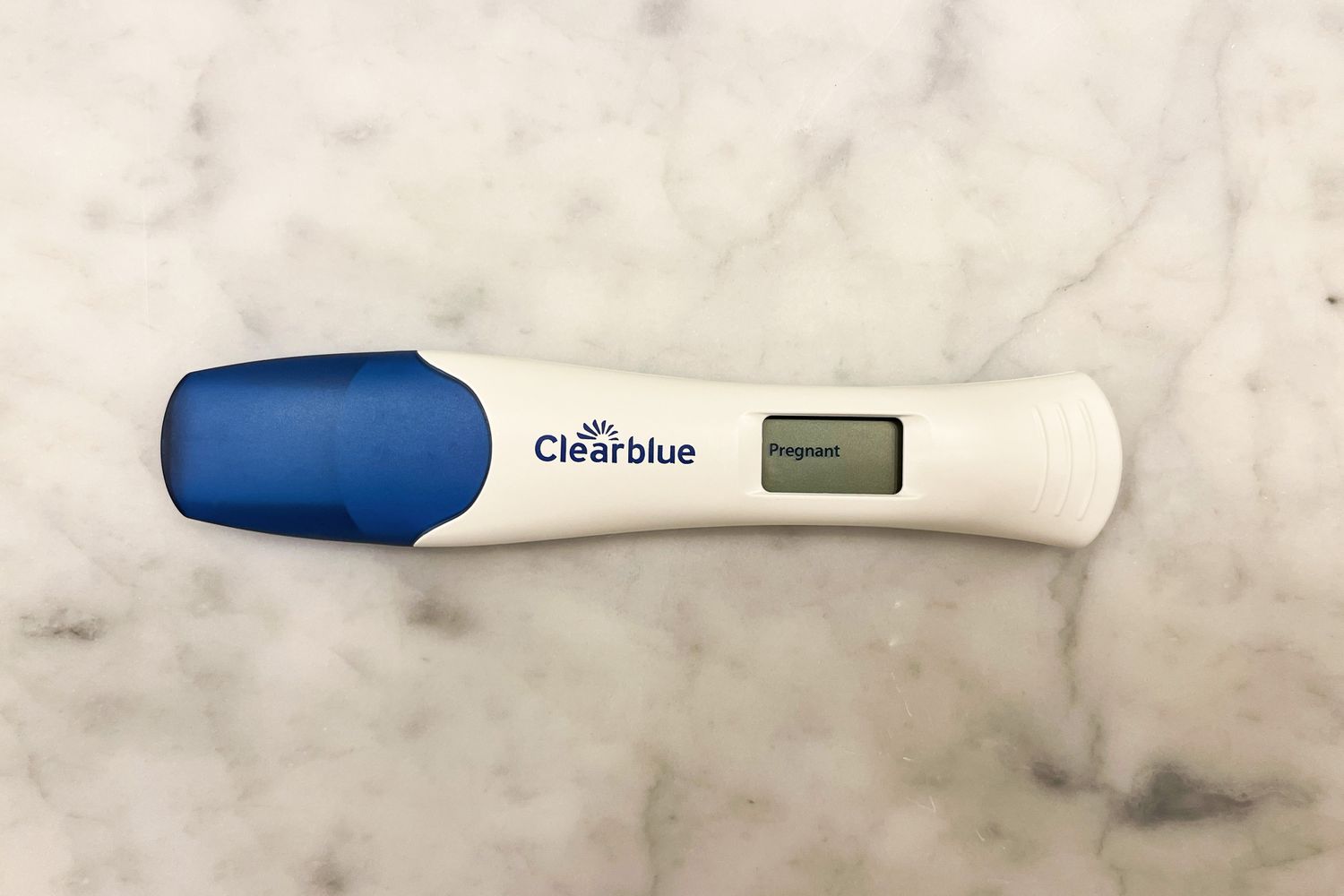7 Surprising Early Pregnancy Symptoms You May Not Expect
When most people think of early pregnancy symptoms, classic signs like morning sickness, fatigue, or a missed period usually come to mind. However, pregnancy can bring about several unexpected changes that often surprise women. These symptoms are less talked about but are just as valid indicators of the changes happening in your body. Here are seven surprising early pregnancy symptoms you might not expect.
1. Heightened Sense of Smell
One of the first signs many women report is a heightened sense of smell. Suddenly, scents that were once mild can become overpowering. This sensitivity is due to increased levels of estrogen, which can amplify your perception of odors. Whether it’s perfume, coffee, or even household cleaners, some smells may become intolerable in early pregnancy.
2. Metallic Taste in the Mouth
Some women notice a strange metallic or bitter taste in their mouth, even when not eating or drinking. This condition, called dysgeusia, is linked to hormonal changes, particularly elevated estrogen levels. It can make food and drinks taste unusual and may persist during the first trimester. Chewing gum or eating citrus fruits can help counteract this odd sensation.

3. Nasal Congestion or Bleeding
Pregnancy increases blood flow throughout the body, including the nasal passages. This can cause nasal congestion, a stuffy nose, or even nosebleeds. Known as “pregnancy rhinitis,” this symptom can be mistaken for allergies or a mild cold. Using a saline spray or humidifier can help alleviate the discomfort.
4. Increased Salivation
Excessive saliva production, known as ptyalism, is a less common but surprising symptom of early pregnancy. It often occurs alongside nausea and may be more noticeable in the first trimester. While the exact cause is unclear, it’s thought to be related to hormonal shifts. Staying hydrated and sucking on sugar-free candies can help manage this symptom.
5. Skin Changes
Pregnancy hormones can affect your skin in unexpected ways. Some women notice acne flare-ups or increased oiliness, even if they’ve never had skin issues before. Others might develop dark patches on their face, a condition called melasma or “the mask of pregnancy.” These changes are usually temporary and improve after pregnancy.
6. Bloating and Gas
While bloating is often associated with PMS, it can also be an early pregnancy symptom. The rise in progesterone slows digestion, leading to trapped gas and bloating. This symptom may occur just days after conception, even before a missed period. Eating smaller meals and avoiding carbonated drinks can help reduce discomfort.
7. Mood Swings
Mood swings are a common but surprising early sign of pregnancy. Hormonal changes can cause sudden emotional shifts, making you feel happy one moment and teary the next. Many women describe these mood swings as feeling similar to premenstrual syndrome (PMS), but they can sometimes be more intense. Getting enough rest and practicing relaxation techniques can help stabilize your emotions.
Why These Symptoms Occur
Most of these unexpected symptoms stem from the body’s rapidly changing hormone levels, particularly increases in progesterone and estrogen. These hormones play a vital role in supporting the developing embryo and preparing your body for pregnancy. While these symptoms might catch you off guard, they’re a natural part of the process.
What Should You Do?
If you experience any of these symptoms and suspect you might be pregnant, consider taking a home pregnancy test. For the most accurate results, test at least a day after your missed period. If the test is positive or symptoms persist, schedule an appointment with your healthcare provider to confirm the pregnancy and discuss your next steps.
Final Thoughts
Early pregnancy symptoms can vary widely from person to person, and not everyone will experience these unexpected signs. However, being aware of these lesser-known symptoms can help you identify the possibility of pregnancy earlier. If any symptoms cause discomfort or concern, always consult with a healthcare professional.